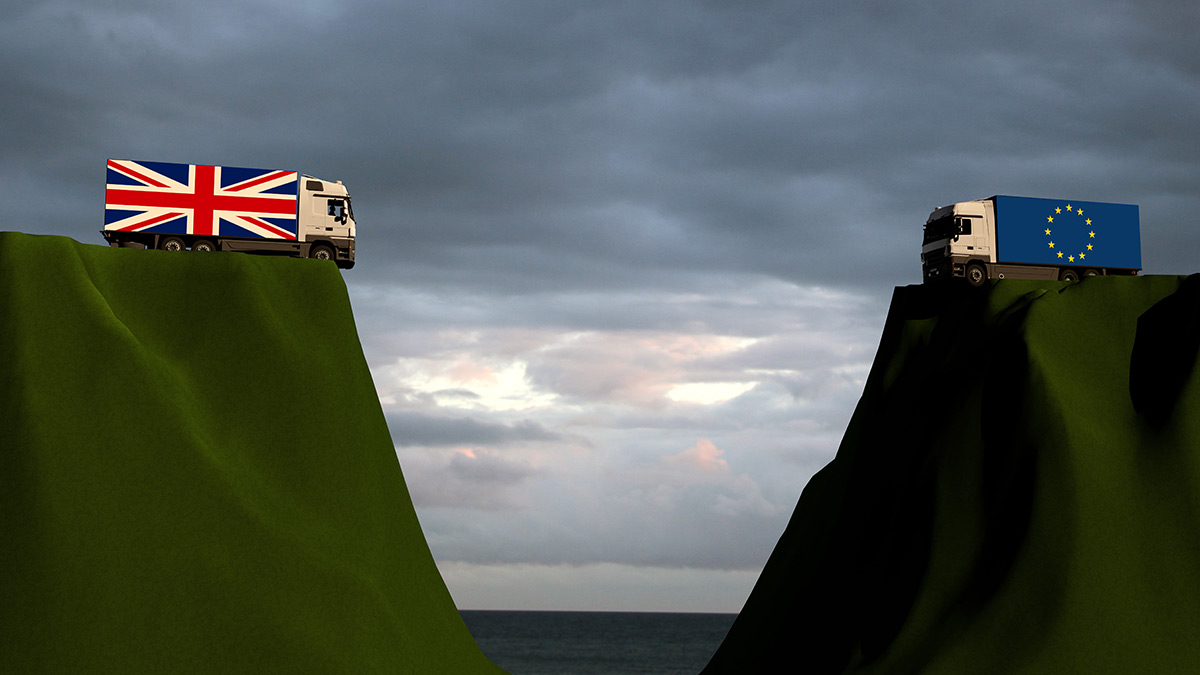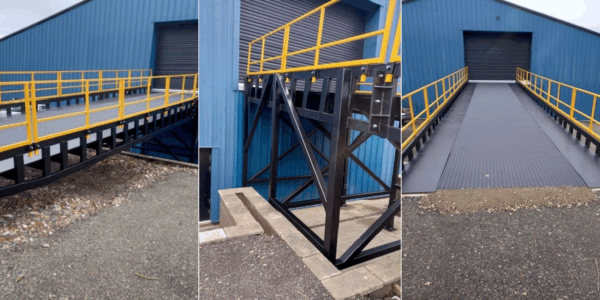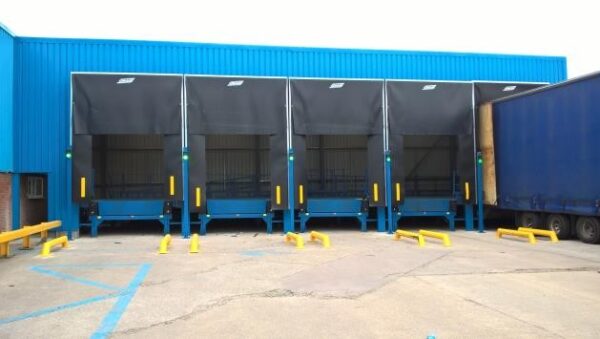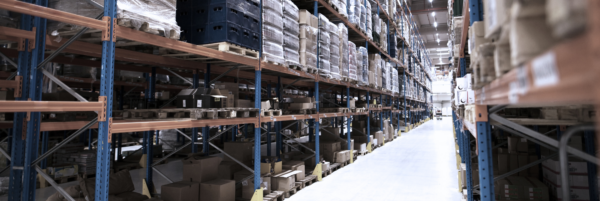
What Happens If a Brexit Trade Deal Isn’t Reached?
With the hysteria around EU referendum, with voters believing that it was time to take back our national identity and safeguard the country from the perceived threat of mass immigration when all ballots were totalled and Britain’s extraction from the EU was confirmed, it seemed almost inconceivable that a Brexit trade deal wouldn’t be reached.
Yet, over four years later, here we are. On Friday 16th October 2020, after six months of negotiations and a stalemate over key issues, Prime Minister, Boris Johnson said that the UK must be prepared for a no trade deal with the EU from January 2021.
The Prime Minister’s comments were a strong sign that negotiations with Brussels were coming to an end. Both the UK and the European Union have continually stressed that they are keen to strike a deal, however, several key areas of disagreement are yet to be resolved.
Adding more fuel to the fires of disagreement, at the start of October UK ministers flirted with ‘acting in bad faith’ by deciding to propose domestic legislation that would give them powers to change aspects of the Withdrawal Agreement which the UK the government views as breaching international law. The EU responded with the threat of legal action against the UK.
Despite the enthusiasm of a new beginning when the UK chose to leave the EU in 2016. Despite the best of intentions to agree on the divorce and the concerted effort of ministers on both sides, it appears as though the UK and the EU are, for the moment, at an impasse.
What does this mean for trade? Let’s examine the possibilities.
Tariffs
Free trade between the UK and EU officially expires on January 1st, 2021. Both the EU and UK will look to the World Trade Organisation to make sure that trade is aligned with all legalities. As it stands, the UK would be subject to the EU Common Tariff for all exports to the EU.
For Chase Equipment, it would mean outbound products may be subject to a price markup if no Trade Deal is in place by 2021.
Given the administrative burden of tariffs, new customs checks, risks impacting food supplies (especially those heading to the EU), the prospect of deferred tariff payments, supply chains will likely be disrupted in almost every area of the economy.
This will have a knock-on effect on the retail and logistics sector, with industry insiders predicting a rise in prices, and even liquidation and bankruptcy for some businesses.
The solution: The UK and the EU will have to negotiate a trade deal to avoid new tariffs. However, given that trade talks have already broken down, the likelihood of a deal being agreed before January 1st, 2021 isn’t favourable.
Road Haulage
Once the Brexit transition period lapses at the turn of next year, EU Community licence hauliers which are used to transport goods across the continent will do so too. Without another agreement in place, hauliers will have to rely on the European Conference of Ministers of Transport’s (ECMT) multilateral quota system for a permit.
Although this does provide somewhat of a solution, the ECMT will only distribute a fixed number of permits. Moreover, it has been acknowledged that the number of permits required won’t come close to accommodating the number of trucks currently travelling back and forth from the UK to the EU.
ECMT permits allow for delivering goods between countries, but not the right to operate sea, air or other transport services within a particular country.
The solution: The International Transport Federation (ITF) is currently in talks to temporarily increase the number of permits. However, the Road Transport Group is yet to agree to a deal for post-Brexit transport.
A deal must be struck with both the ITF and the Road Transport Group. An ITF deal looks promising and the Road Transport Group has said that they are working to secure market access if a trade deal is not reached by the December 31st, 2020 deadline.
Customs
All goods entering the UK will face full customs control checks, including declarations, border, and animal checks. Most paperwork will still be required whether a trade deal has been struck or not.
Under a phased-in approach, EU goods entering the UK will not face full customs checks for the first six months, but full custom checks will be steadily increased as 2021 unfolds.
It’s thought that the port infrastructure in Great Britain will face significant disruption due to new processing. Trucks will be expected to complete paperwork before heading to the border. There are fears that any new processing will result in customs bottleneck.
The solution: The continued negotiation of a free-trade agreement which could reduce the need for substantial paperwork is being touted, however, given that the UK will be leaving the EU, any agreement is unlikely.
Businesses are expected to avoid disruption by registering for overseas trading numbers. The UK government has pledged to introduce digital platforms to streamline customs, however, these are yet to be unveiled.
Healthcare
It’s believed that a no-trade agreement will cause the medicine to be delayed at borders. While medicines are not subject to tariffs under the World Trade Organisation, non-tariff barriers could significantly delay drug manufacturing and access.
Good manufacturing practice, batch testing and checks need to be completed on all medicines moving across the borders, something that has been estimated to cause a four-to-six-week delay on delivery.
As of January 1st, 2021, the Medicines and Healthcare Regulatory Agency (MHRA) will be responsible for medicine regulation in the UK and they have said that they need more guidance to help them navigate the practicalities of importing medicines due to the complexity of medicines’ regulation.
The solution: Pharmaceutical companies have been encouraged to stockpile medicines in the event of delays. The UK could also agree on good manufacturing practice guidelines separate from any trade deal, allowing any necessary changes to be phased in over several years.
If there is a no-Brexit deal, the UK and EU must work together to make sure that both party’s interests are aligned to avoid a massive knock-on effect that would impact everyone’s lives in the UK.
The Takeaway
Temporary measures aside, securing the long-term prosperity independent from the EU should be the minister’s primary objective. A no-Brexit deal for years is simply not an option and it’s up to the UK and the EU to agree on a divorce that doesn’t adversely affect everyone living in the UK.
Chase News
Choosing the Right Static Yard Ramp for Your Business: A Complete Guide
Efficient loading and unloading is essential for any warehouse, logistics hub, or manufacturing facility. For many businesses, static yard ramps…
Read More
Before and After: A Closer Look at Modular Dock Transformations
When it comes to improving logistics efficiency, the installation of modular dock levellers is one of the most effective upgrades…
Read More
Why Scissor Lifts Are a Game Changer for Your Business
If your operations involve frequent lifting, loading, or precise height access, a scissor lift could be the ideal solution to…
Read More



